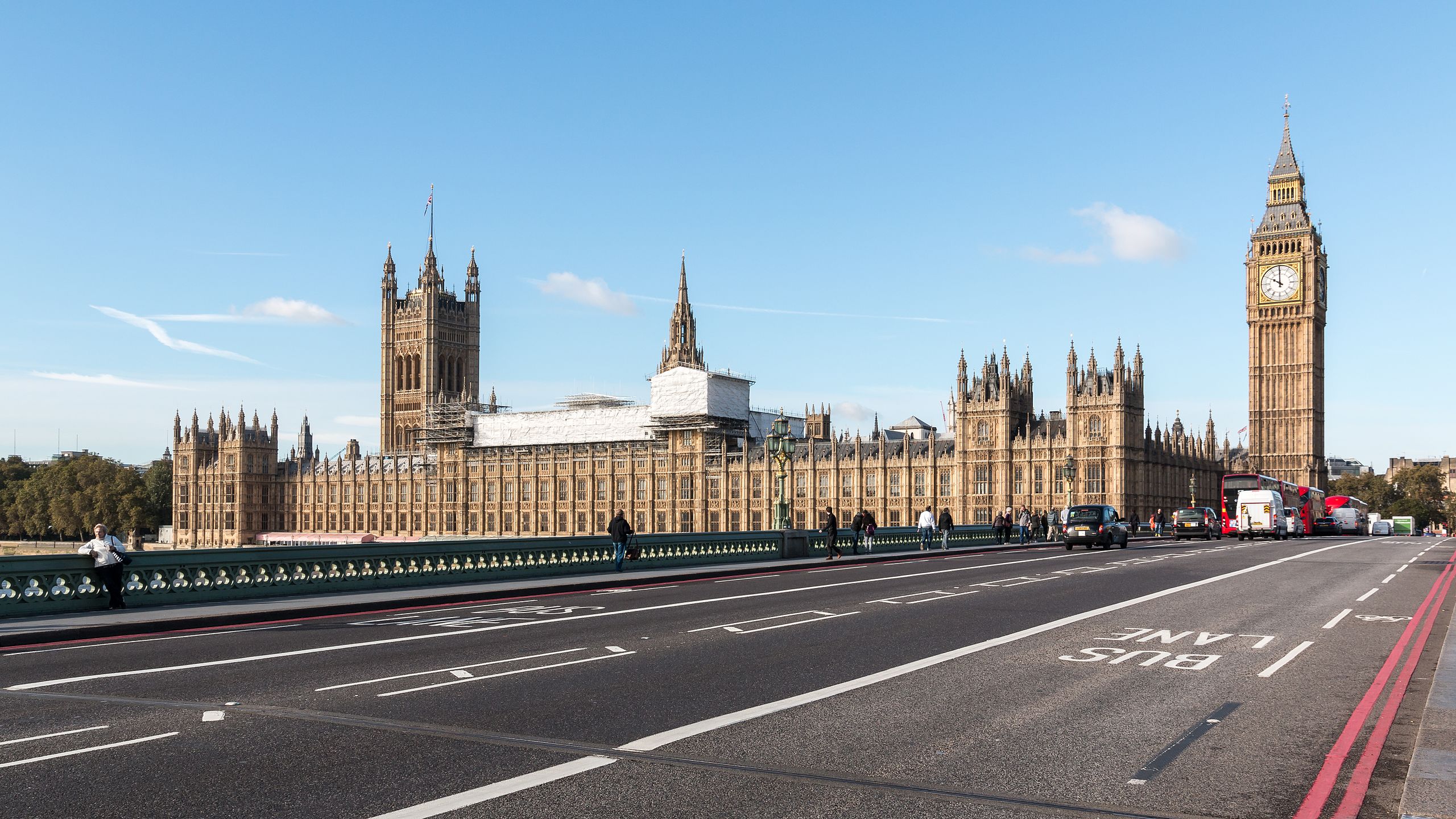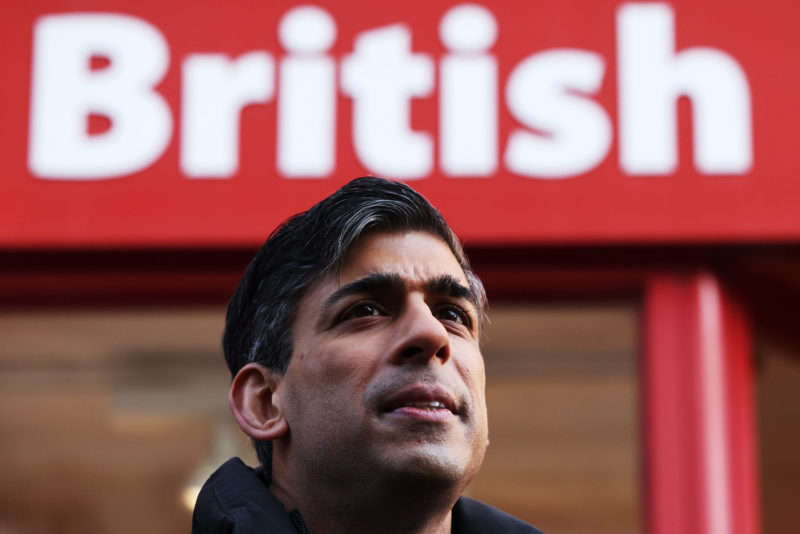As a queer autistic person with lived experience as a refugee, the UK government’s plan to deport asylum seekers to Rwanda fills me with dread.
This policy blatantly disregards the safety of vulnerable groups, particularly those within the LGBTQ+ and neurodivergent communities. Having found safety and acceptance in the UK, I’m compelled to speak out against this dangerous and misguided plan.

As a queer autistic person from Eastern Ukraine with refugee experience in Russia and Israel, I learned all too well that being different can easily make you a target for being abused.
It wasn’t until I came to the UK as an asylum seeker in my early 20s that I felt safe on the streets.
It was a great surprise for me to see that in the UK, people don’t attack you without ‘reason’. This first experience was crucial for my survival and future integration. I often told my friends in other countries how well the British treat refugees.
This is why I was extremely concerned to learn that the Conservative government plans to send some asylum seekers to Rwanda. According to BBC news, when the Rwandan bill was passed by the British Parliament on 22 April, there were 52,000 people who could potentially be deported under the new law.
On 28 April, the Home Office began detaining people in various locations for deportation.
This law doesn’t threaten me personally: I’m already a refugee and didn’t come to the UK by crossing the English Channel. The Rwanda plan specifically targets asylum seekers who arrived via this route from France.
While podcasters and big media debate what this law might mean for the economy, I’m concerned about an issue that seems completely overlooked.
Among those 52,000 people, there are definitely groups for whom deportation to Rwanda could be extremely dangerous, including queer and neurodivergent individuals. Transgender people, especially those at the intersection, face particular, grave risks.
First and foremost, when the British government declares Rwanda a “safe country,” they are misleading the public. Unfortunately, like many other former colonised states hindered in their development by Western powers, Rwanda now struggles with human rights violations.
Rwanda is definitely not safe for the LGBT+ community. This has been proven through LGBT-rights monitoring, personal stories, and by British organisations working with refugees.
Since 2019, I have been part of the Lesbian Asylum Support Sheffield group. I specifically asked the group’s coordinator for her opinion on the Rwanda bill.
“Rwanda is not safe for LGBTQ+ people,” she said. “If it were safe, why would the Home Office grant Rwandans leave to remain in the UK as refugees on grounds of sexual orientation or gender identity? Our members include LGBTQ+ individuals from Rwanda fleeing persecution, who have been granted asylum.”
This raises a very good question: How can the British government grant asylum to Rwandan LGBTQ+ individuals and then send asylum seekers en masse to Rwanda on the basis that it is a safe place?
What will happen to the Rwandan queer people who now live in the UK?
Transgender asylum seekers are at high risk because they face a list of very specific problems: for example, they are more likely to have trouble accessing hormone therapy; transgender children won’t have proper protection against family abuse and bullying in school; and a whole generation of transgender youth is being raised in an environment where being trans is considered sinful and disgusting.
Finally, transgender refugees are robbed of a basic feeling of safety, the same feeling that was crucial for me when I first moved to the UK as an asylum seeker—a feeling that my British peers take for granted.
Just try to imagine arriving in a safe country, given hope, only to be arrested and deported, especially if you had previously been denied asylum, have mental health issues from minority stress, or lost loved ones on the journey. The risk of suicide in this situation is very high.
It is not enough to simply let queer refugees stay in the country. Some of us, whose migration cases are not related to LGBT issues, did not come out before spending some time in a relatively LGBT-friendly place.
The Rwandan plan itself is problematic. There are many things Western governments could do to prevent this. The French government could allow the UK to send refugees back to France and give them asylum, for instance.
The British government could find another way to address economic problems. The cost of the Rwanda scheme is ridiculously high—Rishi Sunak has already committed £370 million to this program. Moreover, asylum seekers who stay are forced to live on benefits in government-provided accommodation and may work only in a very restricted list of professions.
In my opinion, it would be far more economically beneficial to allow asylum seekers to work or start their own businesses. This would improve their integration, mental health, and help skilled workers maintain their qualifications. For transgender people, this is critical due to the high level of transphobia among employers, which gives them an even lesser chance of finding employment after a significant gap created by government restrictions. If the British government wants to improve the economy by reducing the benefits it spends on us, they could simply let most provide for themselves. This would be good for competition, the market, and most importantly, it would also improve the quality of life.
Yet, it seems the current government is only concerned with the economy in words and is willing to sacrifice both economic interests and human lives in the name of populism.











